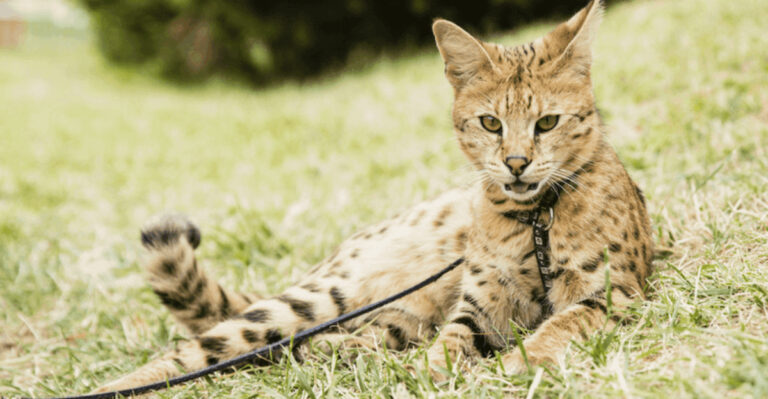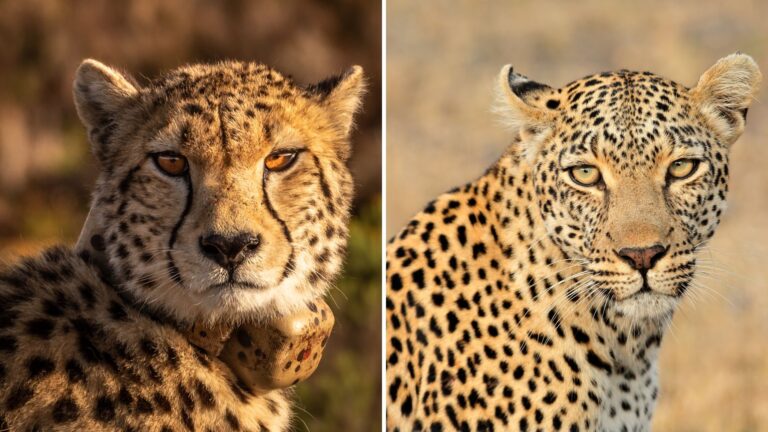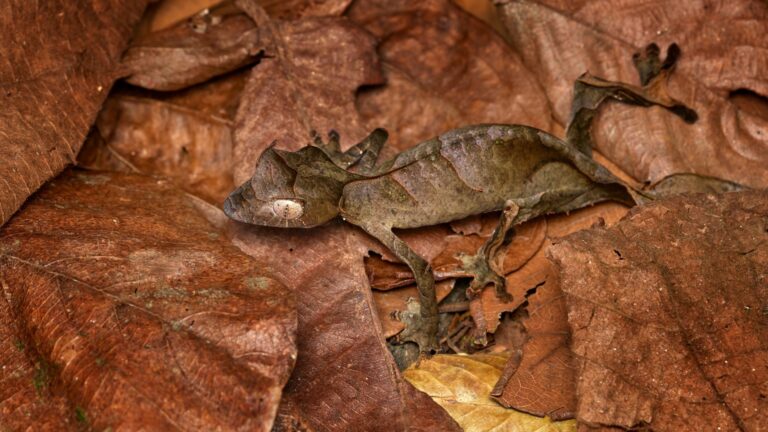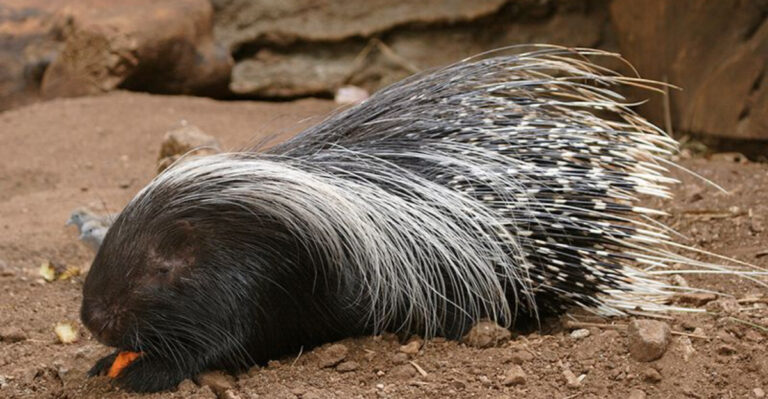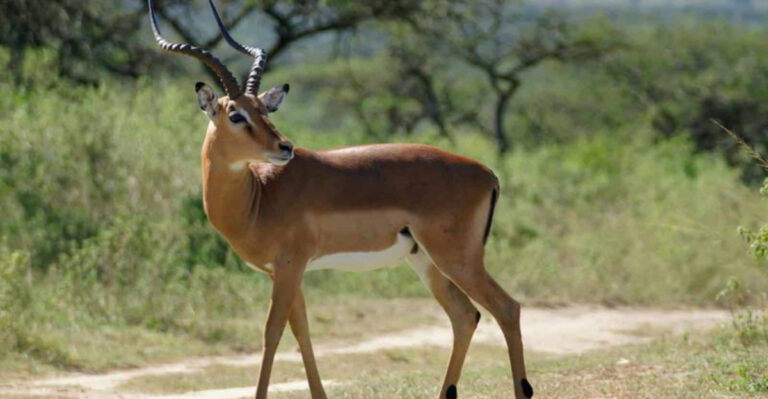Top Predator Protection Solutions For Chickens, Ducks, And Geese
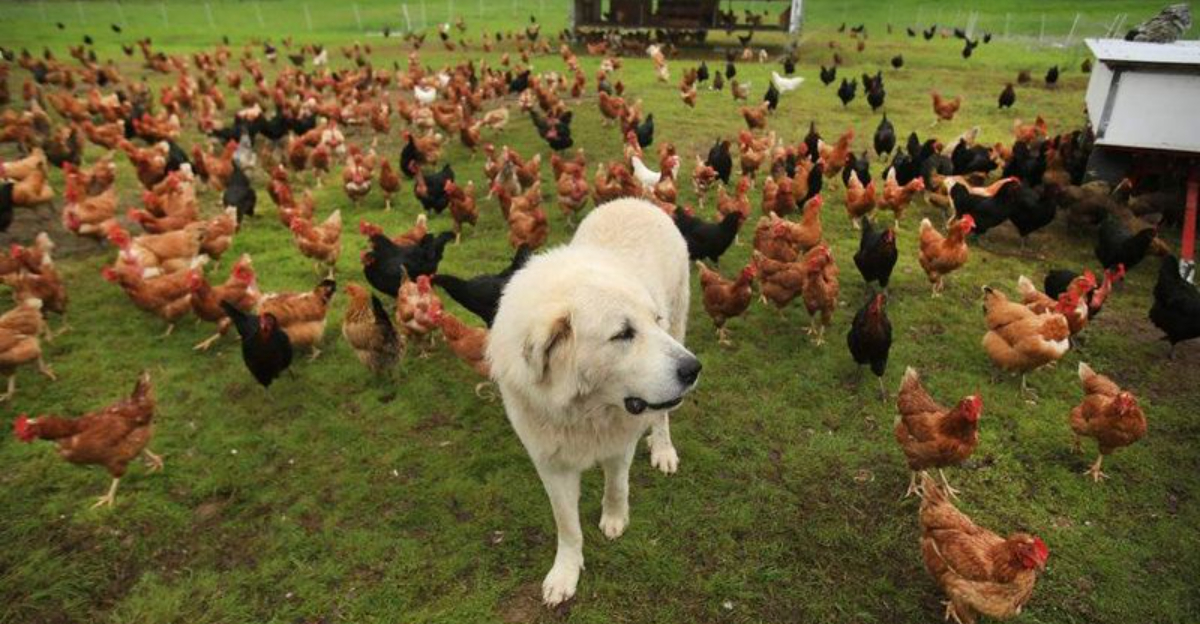
Keeping chickens, ducks, and geese safe from hungry predators is a constant challenge for backyard poultry owners. From foxes and raccoons to hawks and weasels, these crafty hunters see your feathered friends as an easy meal.
Protecting your flock doesn’t have to be complicated or expensive – it just requires some smart planning and the right equipment. Here are eleven effective solutions to keep your poultry safe from predators day and night.
Secure Coops With Predator-Proof Locks
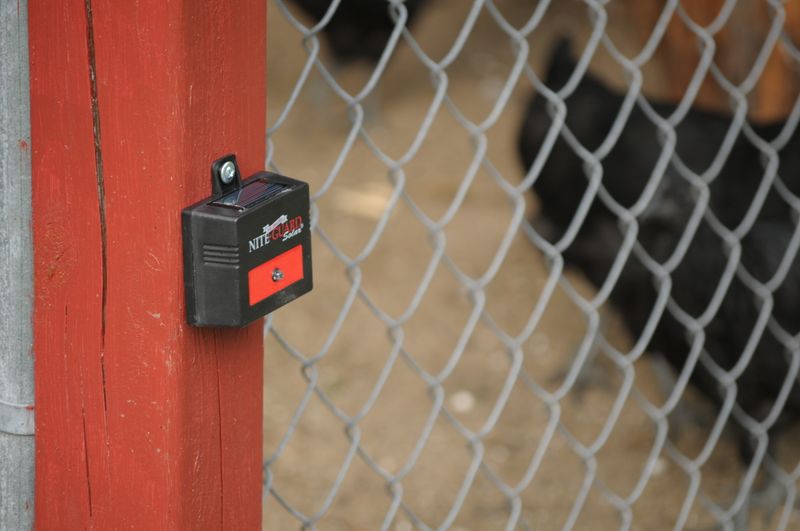
Raccoons and foxes are surprisingly clever with their paws. Many can figure out simple latches, making your chicken coop an all-you-can-eat buffet. Hardware cloth locks that require opposing thumb pressure are impossible for animals to open.
Installing combination locks or carabiners adds an extra layer of security that foxes can’t outsmart. Remember to check these locks nightly during your closing routine.
One flock owner discovered her raccoon problem only after installing a trail camera that caught the midnight bandit actually sliding open her “secure” hook-and-eye latch! Quality locks are your first and most important defense against ground predators.
Motion-Activated Sprinklers
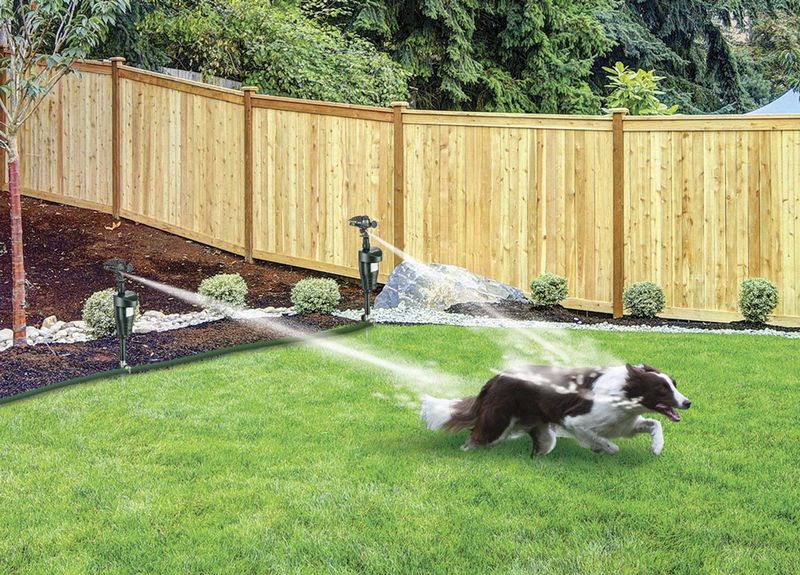
Water becomes a surprisingly effective weapon against nighttime raiders! Motion-activated sprinklers startle approaching predators with sudden bursts of water, teaching them your yard isn’t worth the trouble. The unexpected spray triggers their flight response without causing harm.
Solar-powered models work anywhere without requiring electrical outlets. Position them strategically around coop perimeters for maximum coverage.
Many users report predators learn to avoid their property entirely after just a few wet encounters. As a bonus, these devices work equally well against daytime aerial predators like hawks, who dislike unexpected water just as much as foxes and raccoons do.
Buried Hardware Cloth Perimeter
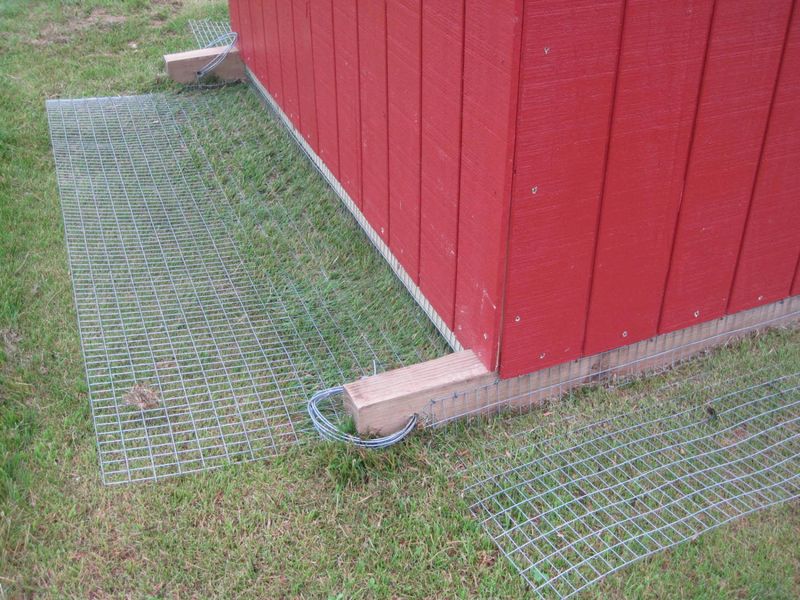
Digging predators like foxes and coyotes see your fence as merely a suggestion, not a barrier. They’ll happily tunnel underneath to reach your birds. Hardware cloth buried 12-18 inches deep creates an underground barrier they can’t penetrate.
Unlike chicken wire which predators can chew through, 1/4-inch hardware cloth stands up to determined teeth and claws. The L-shaped buried section should extend outward from your coop, creating a hidden underground skirt.
Many poultry keepers learn this lesson the hard way after losing birds to diggers. The buried barrier works because predators give up once they hit the unexpected underground wall of wire.
Livestock Guardian Dogs
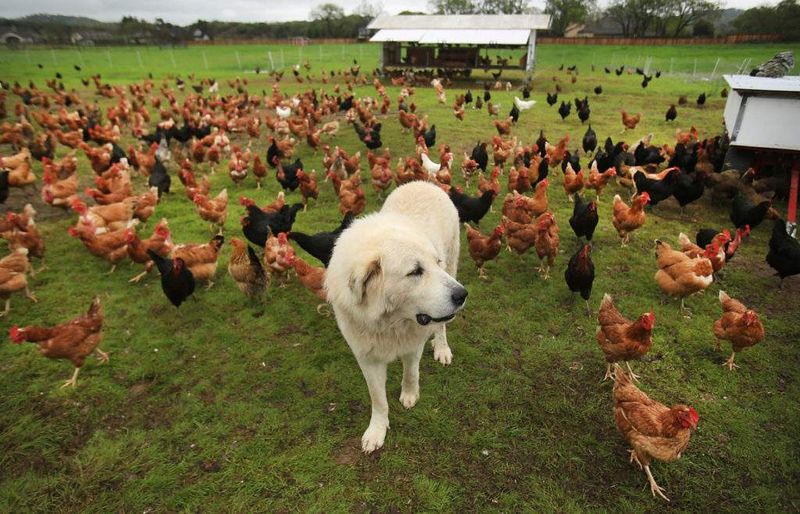
Great Pyrenees, Anatolian Shepherds, and Maremmas have protected flocks for centuries. These gentle giants bond deeply with their poultry charges while maintaining a fierce protective instinct against threats. Their mere presence – including scent markings around your property – warns predators to stay away.
Unlike herding breeds, guardian dogs are specifically bred to live with livestock full-time. They work independently, making decisions about potential threats without human direction.
Guardian dogs require specific training and socialization from puppyhood. The investment pays off with nearly perfect predator protection, as most predators won’t risk tangling with these dedicated defenders who patrol day and night.
Overhead Netting Systems
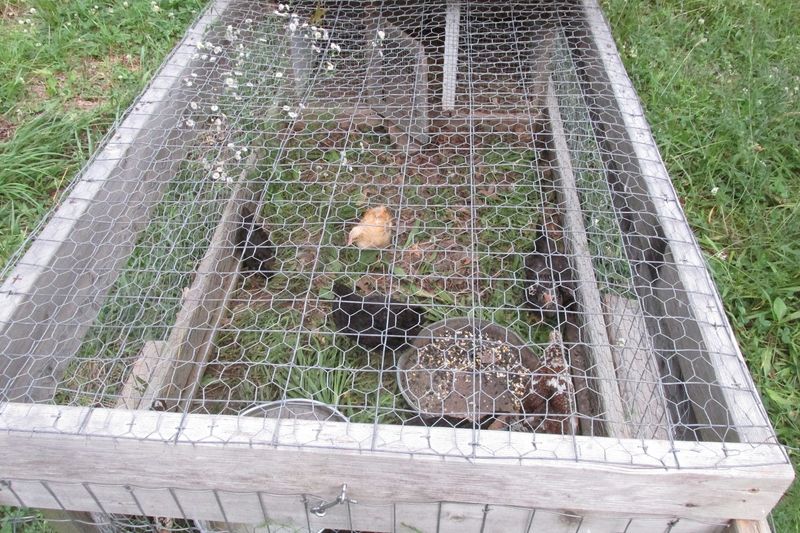
Hawks, owls and eagles view your poultry from above, making aerial attacks a constant threat for free-ranging birds. Overhead netting creates an invisible ceiling that stops diving predators without restricting sunlight or rain.
Modern UV-resistant netting lasts for years without degrading in the elements. Choose smaller mesh sizes (2-inch or less) to prevent talons from reaching through.
Strategic installation matters – the netting should be taut enough to prevent sagging but have enough give to absorb impact if a bird of prey attempts to dive. Many chicken keepers report watching frustrated hawks perched on nearby trees, unable to reach the protected flock below their protective sky shield.
Electric Fencing Systems
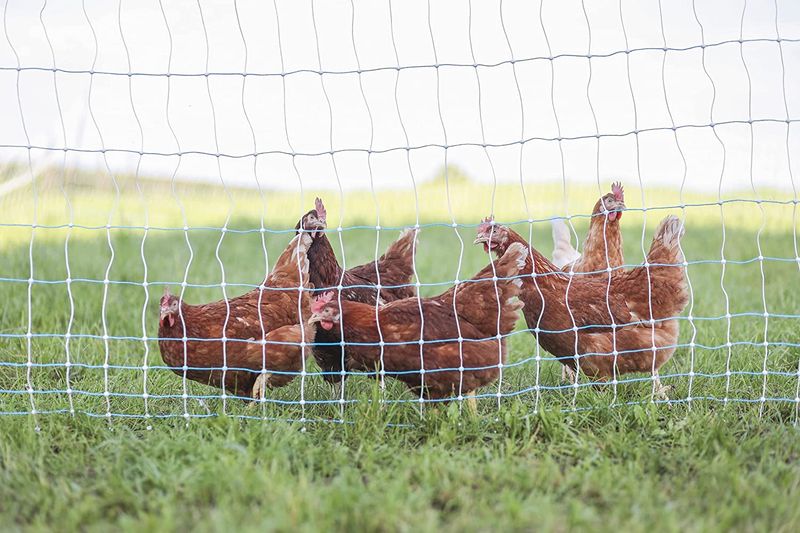
Modern electric poultry netting delivers a memorable but harmless shock that teaches predators your flock isn’t worth the pain. Unlike permanent fencing, these portable systems can be reconfigured as needed, perfect for protecting rotating grazing areas.
Solar chargers eliminate the need for outlets, making this solution work anywhere. The psychological barrier proves more powerful than the physical one – predators rarely attempt a second encounter.
For maximum effectiveness, install the fence before predator problems begin. This teaches local wildlife to avoid your property entirely rather than developing feeding habits you’ll need to break. The modest investment provides peace of mind worth far more than the purchase price.
Automatic Coop Door Systems
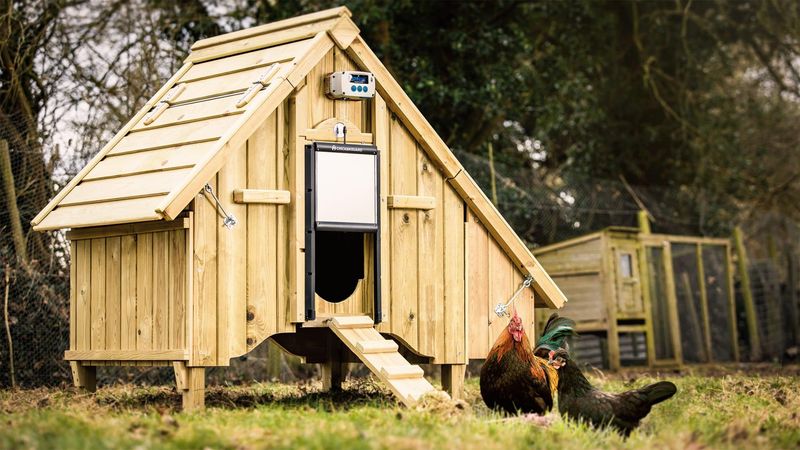
Predators are creatures of habit, often hunting at dawn and dusk when you might not be available to secure your flock. Automatic coop doors eliminate this vulnerability by closing precisely at sunset and opening at sunrise, operating on timers or light sensors.
Battery-powered models work during power outages, ensuring continuous protection. Some advanced versions even connect to smartphone apps for remote monitoring.
The peace of mind is worth every penny – no more rushing home to close up the coop or worrying about oversleeping. Poultry keepers consistently rate these systems as their best investment, especially after losing birds due to forgetting to close doors manually.
Geese As Guardian Animals
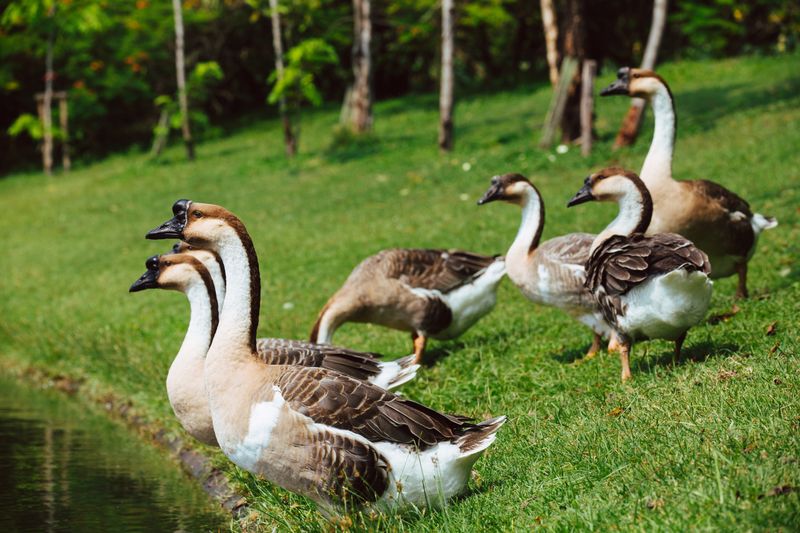
Mother Nature created the perfect alarm system – geese! Their territorial nature and excellent eyesight make them natural guardians. When danger approaches, their loud honking alerts the entire flock and often scares away smaller predators.
Certain breeds like African, Chinese, and Toulouse geese display stronger guardian instincts. They integrate easily with chickens and ducks after proper introduction.
Beyond their protective qualities, geese provide additional eggs and weed control. Their effectiveness comes from their fearless personalities – they’ll confront animals many times their size without hesitation. While they can’t stop determined predators alone, they provide valuable early warning that gives you time to respond.
Predator-Deterrent Lighting
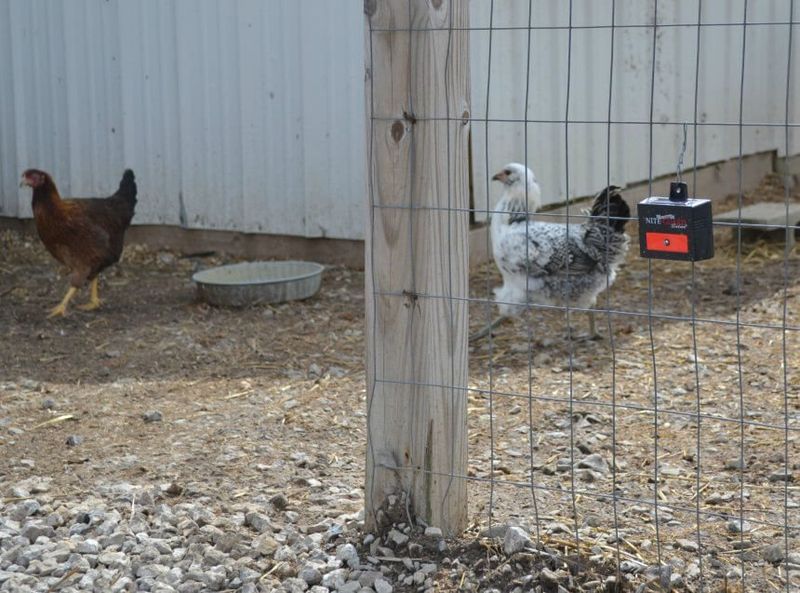
Nocturnal predators like raccoons and foxes prefer darkness for their hunting activities. Strategic lighting disrupts their comfort zone, making them think twice about approaching your coop. Solar-powered motion sensor lights create sudden brightness when movement is detected.
Some innovative systems use alternating colored LEDs that mimic predator eyes, triggering instinctual fear responses. These consume minimal electricity while maximizing psychological deterrence.
For off-grid locations, solar-powered options provide reliable protection without running cables. The most effective setups combine constant low lighting with bright motion-activated floods – the constant light prevents total darkness while the sudden brightness startles approaching hunters.
Raised Duck Houses Over Water

Water-loving birds need specialized protection strategies. Elevated duck houses positioned over ponds provide natural safety – most predators avoid swimming to reach prey. The water itself becomes a moat-like barrier against ground hunters.
Floating platforms with attached shelters allow ducks to rest safely even in ponds without islands. Ramps provide easy access while remaining removable at night for added security.
For added protection, surrounding the pond’s perimeter with deterrents creates multiple security layers. Waterfowl instinctively recognize water as safety, making these setups less stressful for your birds. Their natural behaviors remain intact while predator access is significantly reduced.
Strategic Rooster Selection
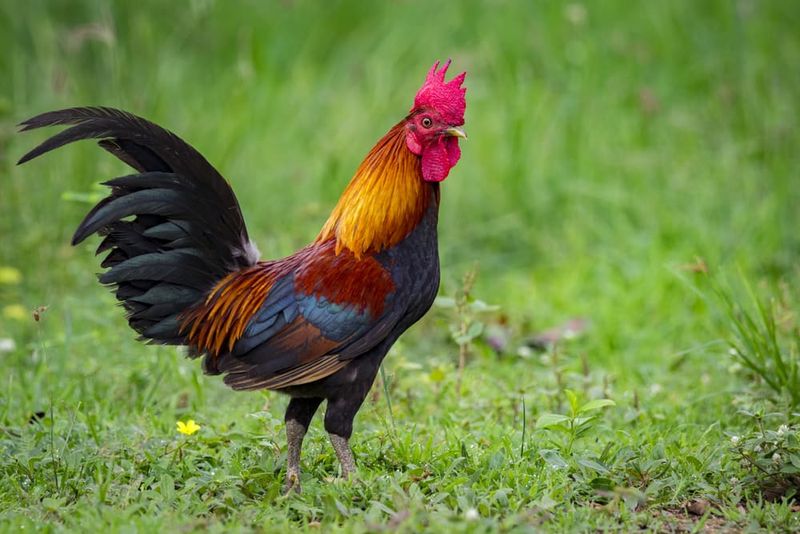
Not all roosters are created equal when it comes to flock protection. Certain breeds like Welsummers, Old English Games, and Dominiques display exceptional guardian instincts. They’ll actively confront smaller predators and alert hens to danger.
Look for roosters showing natural alertness, scanning for threats rather than focusing solely on food. The best guardians position themselves between perceived threats and their hens instinctively.
While no rooster can fight off determined predators like foxes or coyotes, their early warning system gives hens critical seconds to reach safety. Their value extends beyond breeding – they’re the flock’s first line of defense, constantly vigilant while hens focus on foraging.

